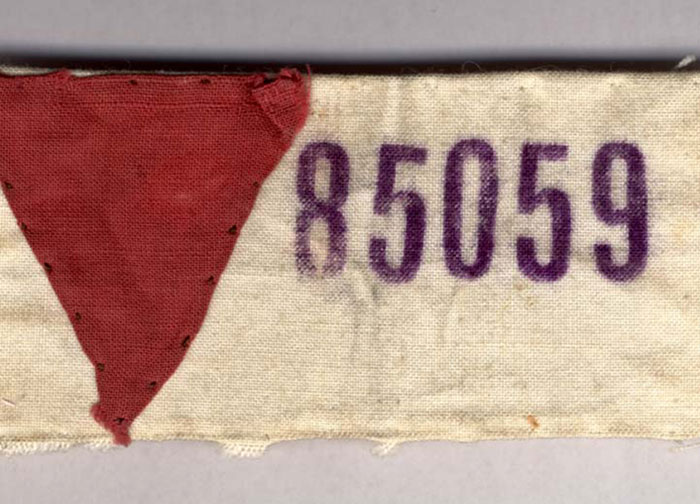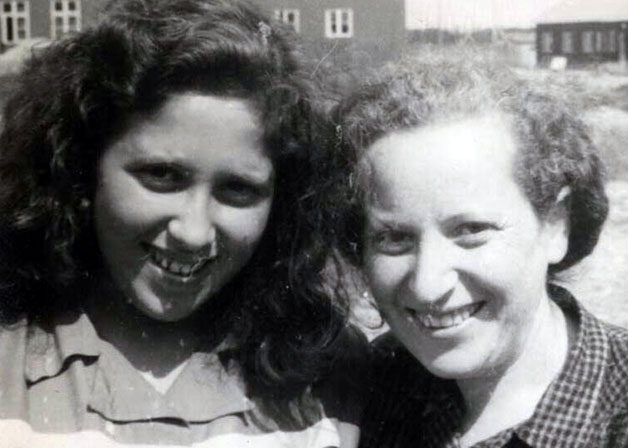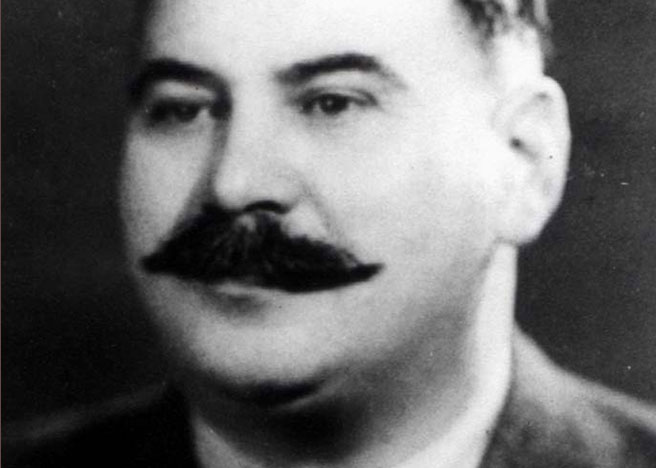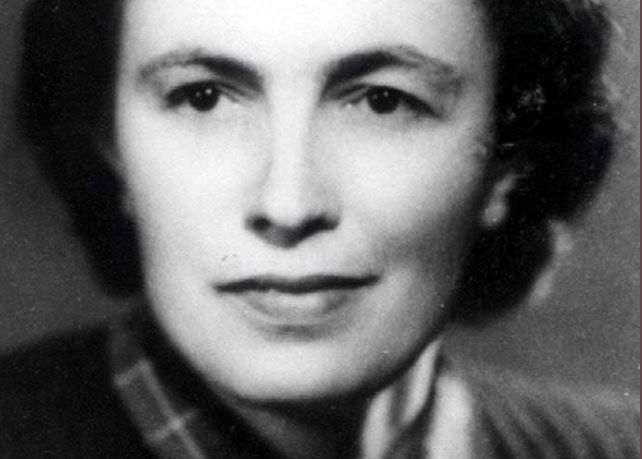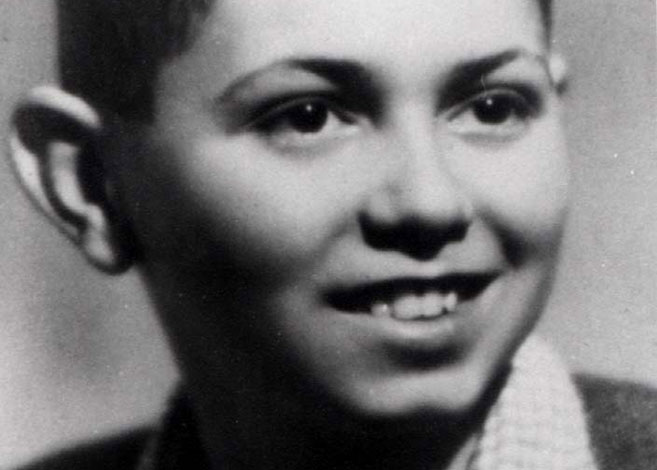Františka Quastler
Františka was born in 1931 in Bratislava, Slovakia, the only child of Olga and Mordechai Quastler. Her father was an accountant, and the family was financially secure. Mordechai managed to acquire false papers testifying that they were Christian, and later obtained Argentinian citizenship for the three of them. Despite the documents, the family’s movements were restricted, and they were ordered to hand over their belongings. They succeeded in hiding some of their possessions in the home of non-Jewish farmers who knew Mordechai.
Following the German occupation of Slovakia in the summer of 1944, Františka and her relatives – her parents, her grandmother Ida, Uncle Arthur, Aunt Gisela and her two cousins Dov and Tommy, and a friend of her father’s – managed to find a hiding place in a village. Six months later they were discovered, their remaining belongings were taken from them, they were arrested and taken to the Sered camp in Slovakia, and from there, they were deported to the camps. Františka’s father Mordechai, her uncle and his two sons were deported to Buchenwald.
Františka, her mother, grandmother and aunt were deported to Ravensbrück. Her grandmother died in the cattle car on the journey. They were assigned to forced labor, made to carry out grueling, futile tasks, and after some 2 and a half months, Františka and her mother Olga were transferred to the Siemens factory at the camp. Her aunt Gisela contracted typhus and died in the camp hospital. Their last two weeks at the camp were particularly hard, as work at the factory had halted, the camp was under curfew and they didn’t receive any food at all, only water. A rumor flew around the camp that they were looking for Anglo-Saxon and Scandinavian prisoners, and inmates with specific names were approached. Františka realized that if they stayed at the camp, they would not survive. Despite not knowing why they were collecting people, she wanted to be added to the list on the basis that she was American, as she had Argentinian citizenship papers. Her mother opposed the idea and they missed the opportunity to be registered, but Františka insisted, and in the end, despite the danger, they managed to make their way to the gate unseen and to board one of the Red Cross buses in April 1945.
Františka and Olga reached Sweden. Františka went to school, and after a time, they discovered that her father Mordechai had survived and returned to Bratislava. They were reunited in Czechoslovakia in 1946, discovering that from the extended family, only Dov, Arthur and Gisela’s son, had survived. Mordechai resumed his work, but the family belongings that he found after the war were confiscated and nationalized by the communist regime in 1949.
Approximately one year later, the Quastlers immigrated to Israel via Vienna, where Františka met her future husband, Shlomo Stern. Františka settled on a kibbutz and changed her name to Nurit. Mordechai and Olga lived in Jerusalem. Nurit and Shlomo had two sons. Nurit worked for over thirty years as a teacher in an educational institute for the blind.
